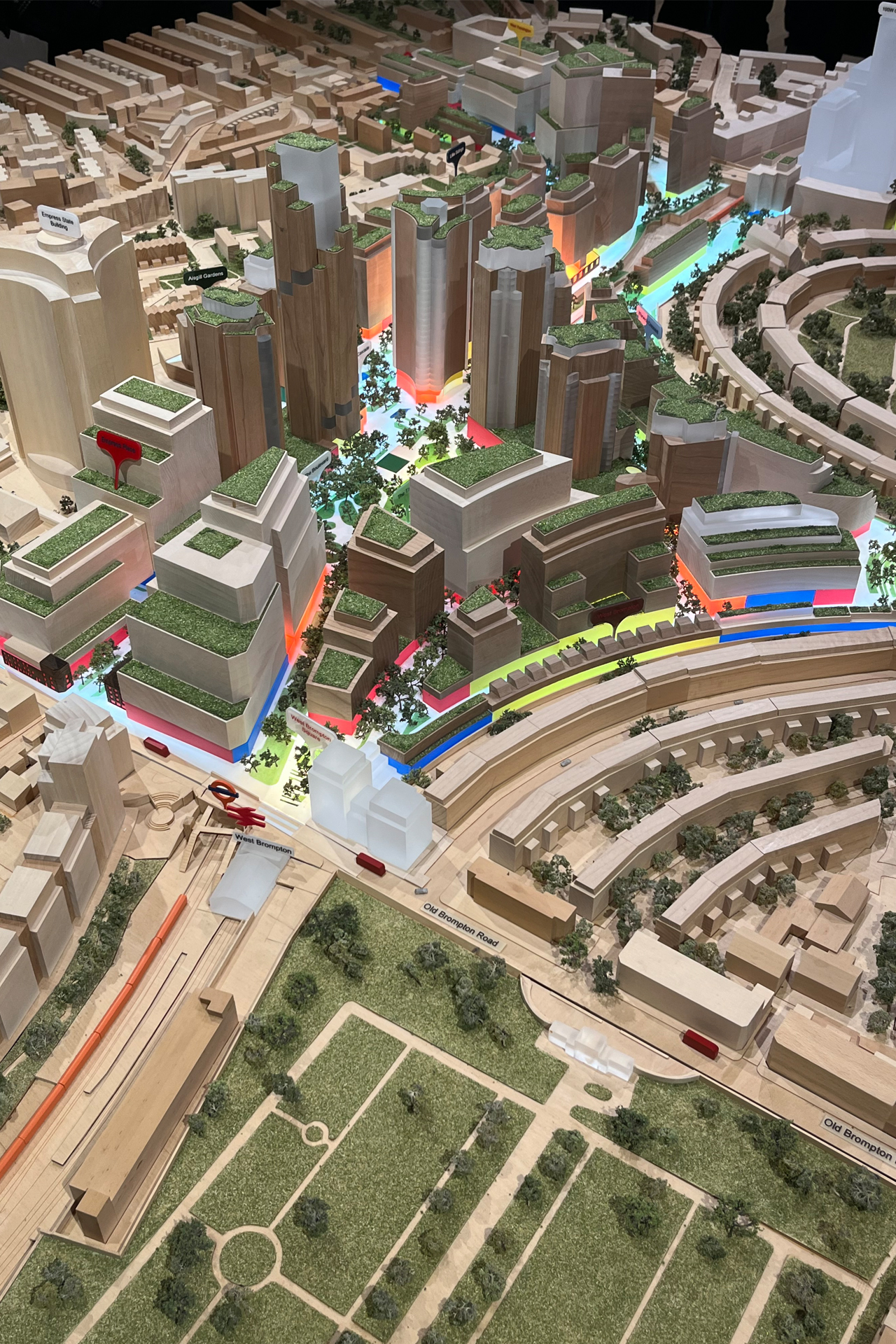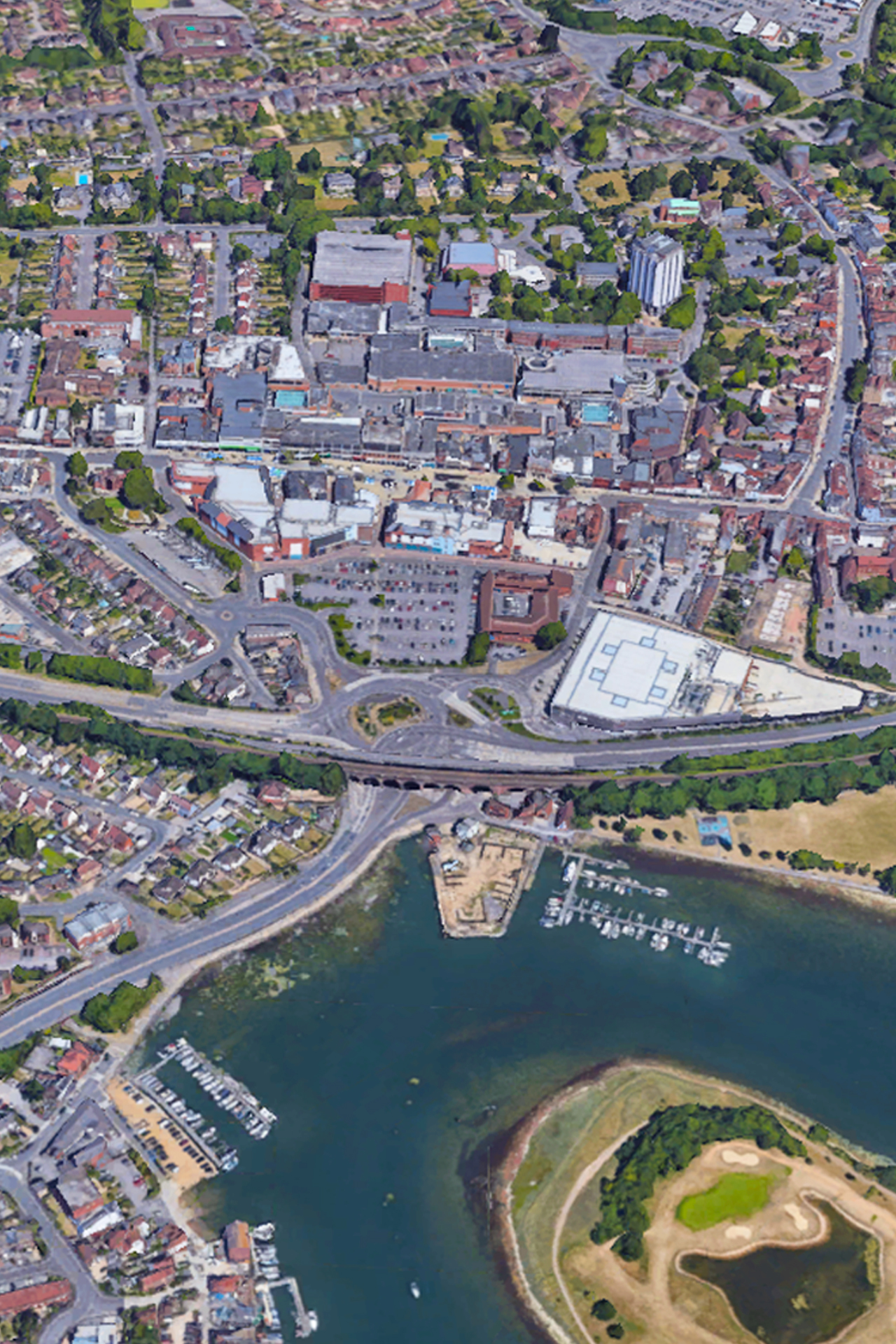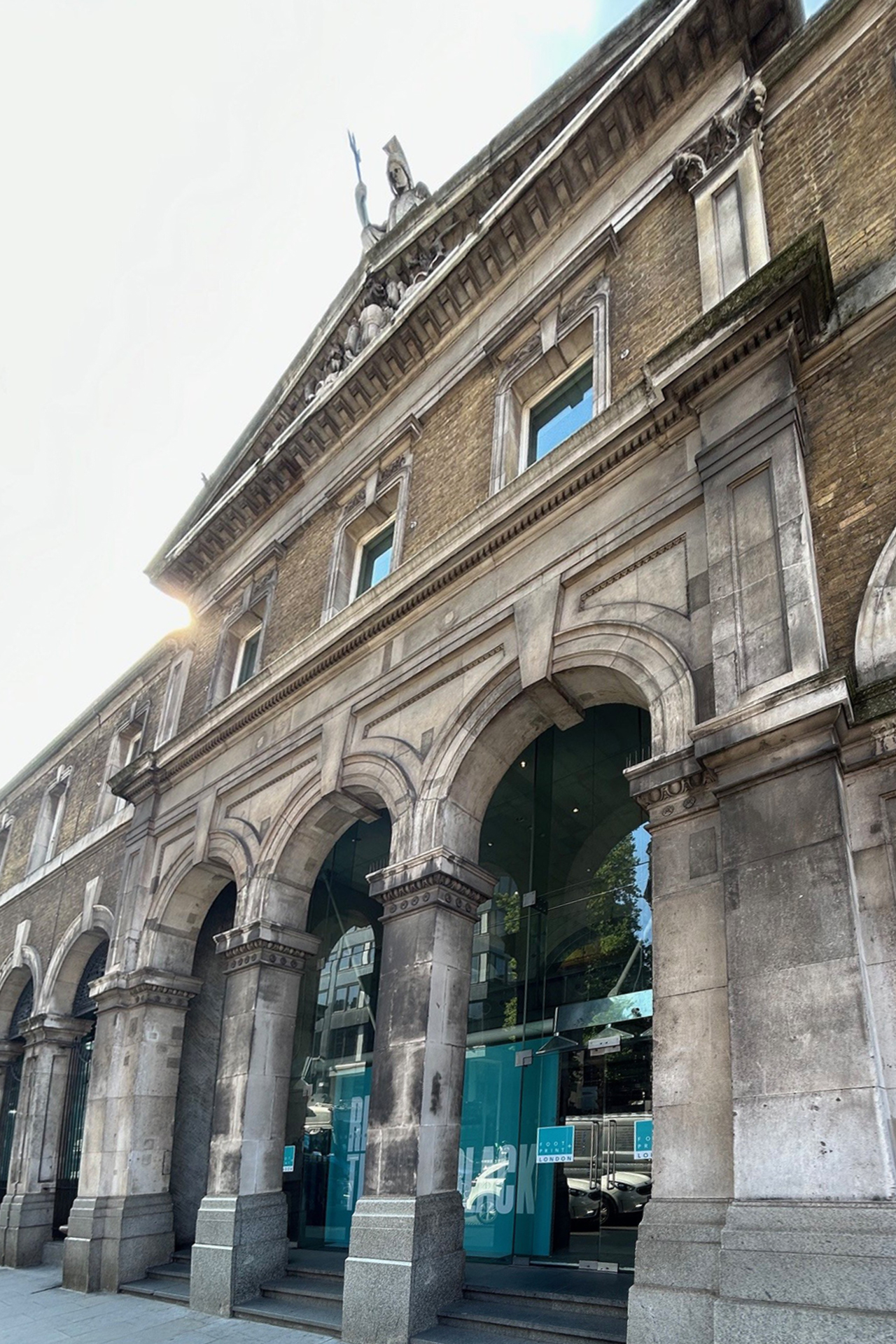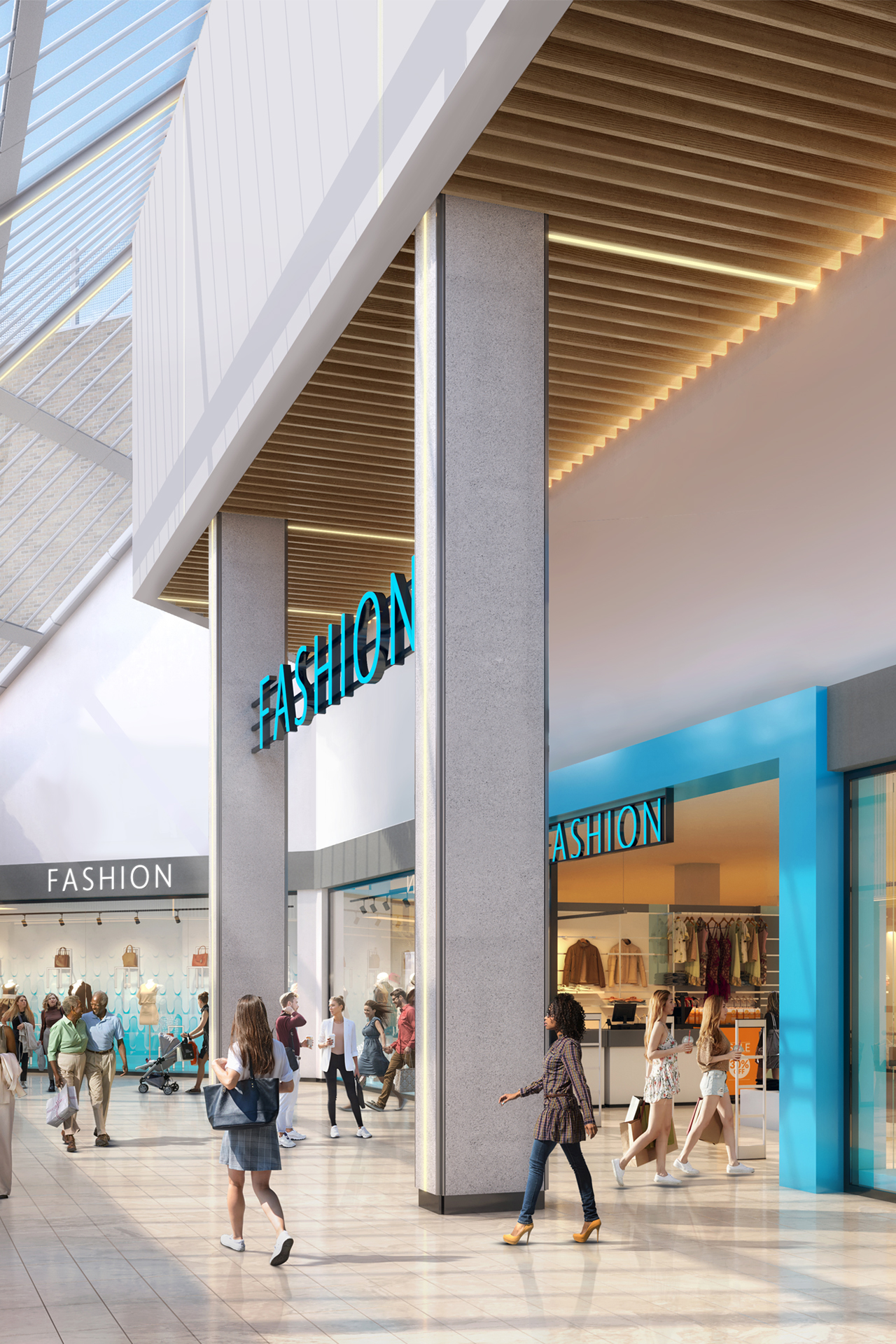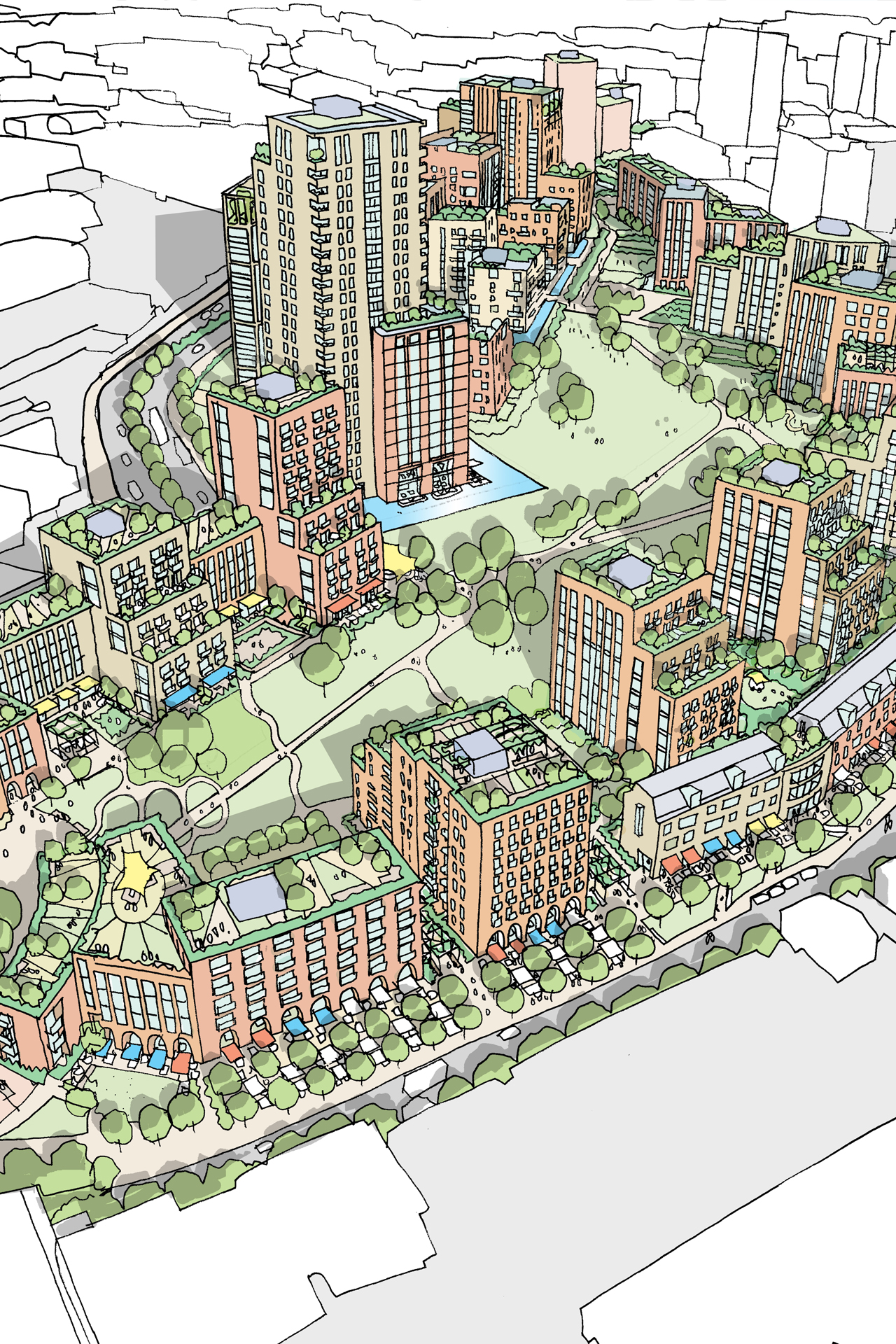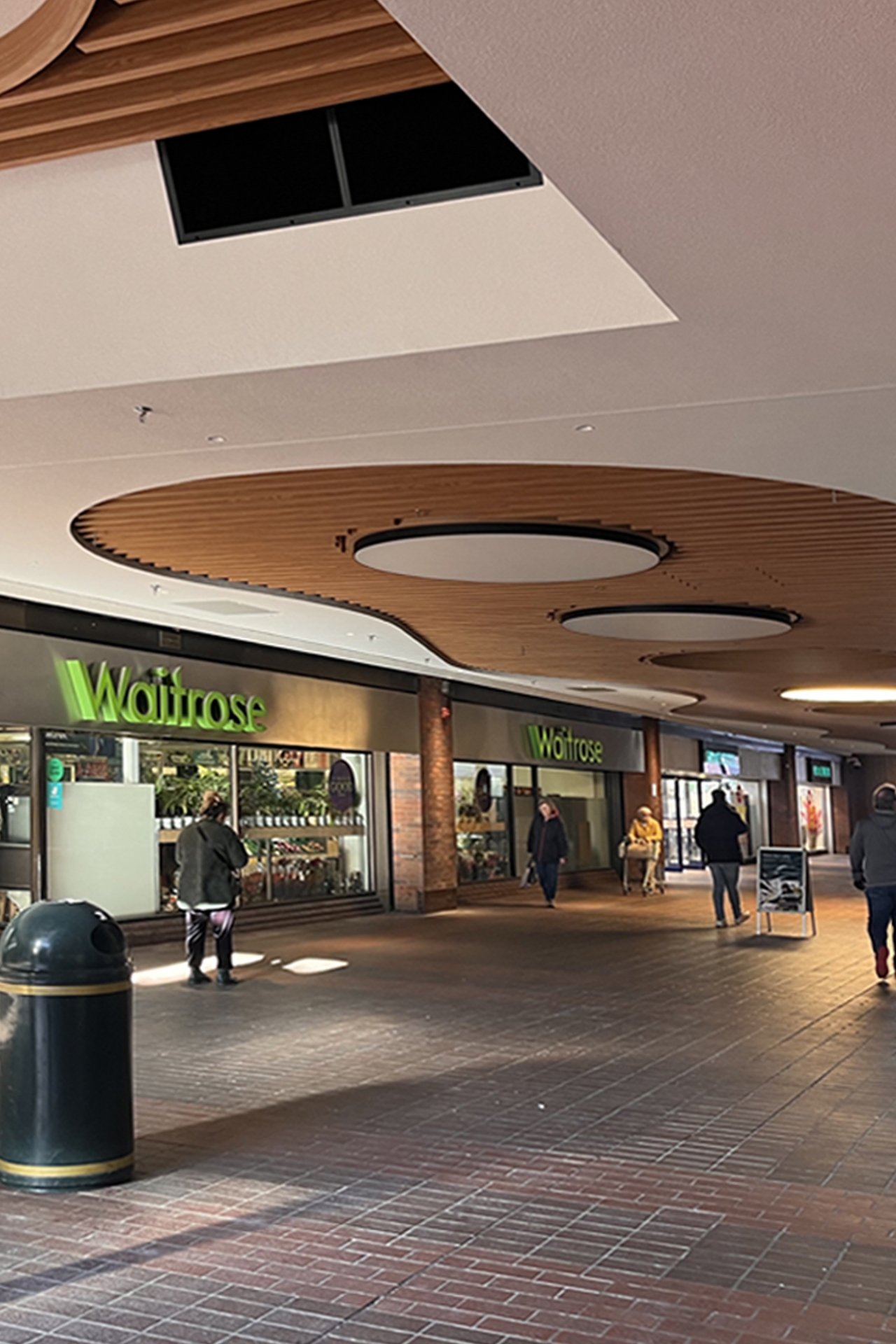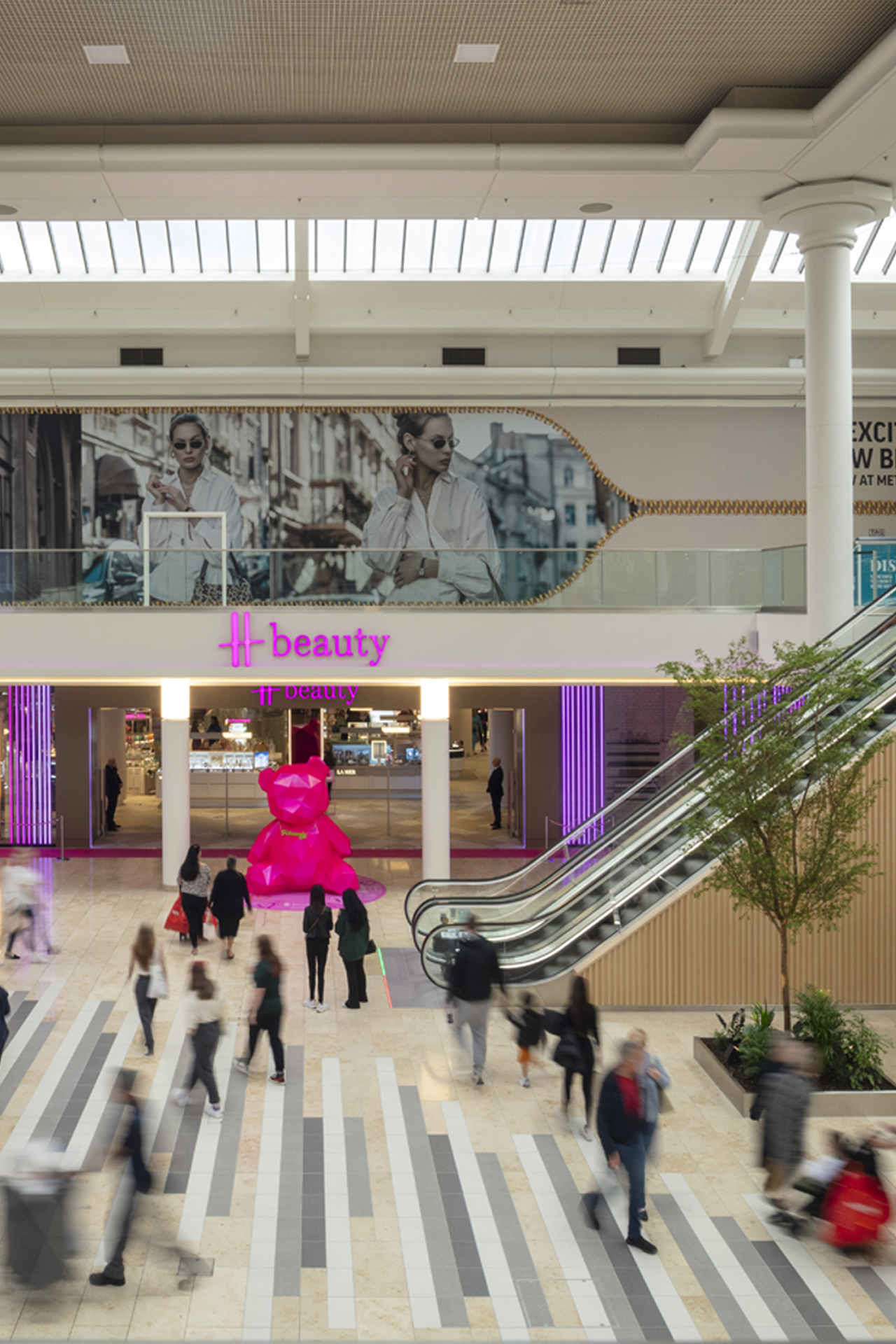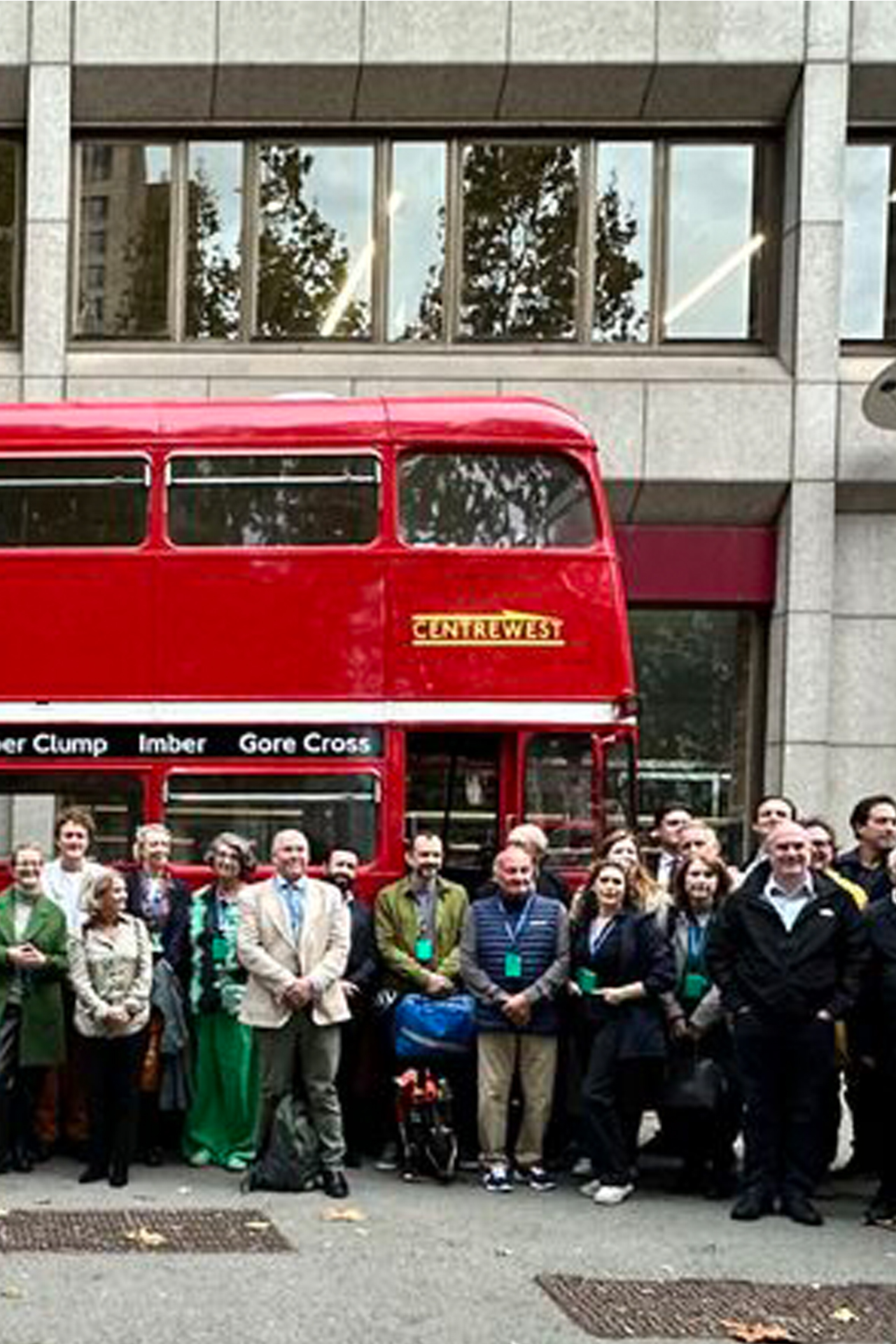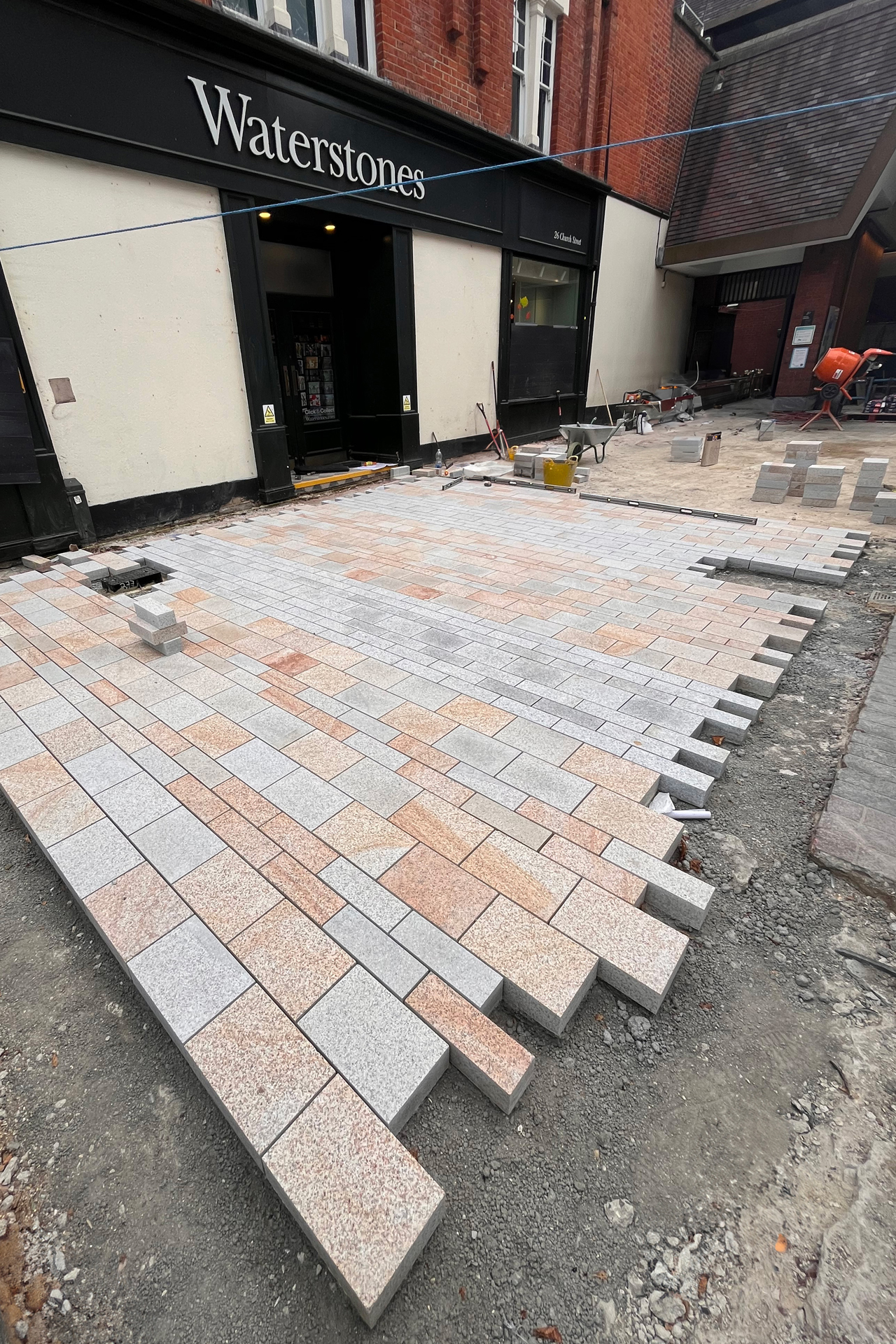The Revo conference was notably different this year. You might wonder why.
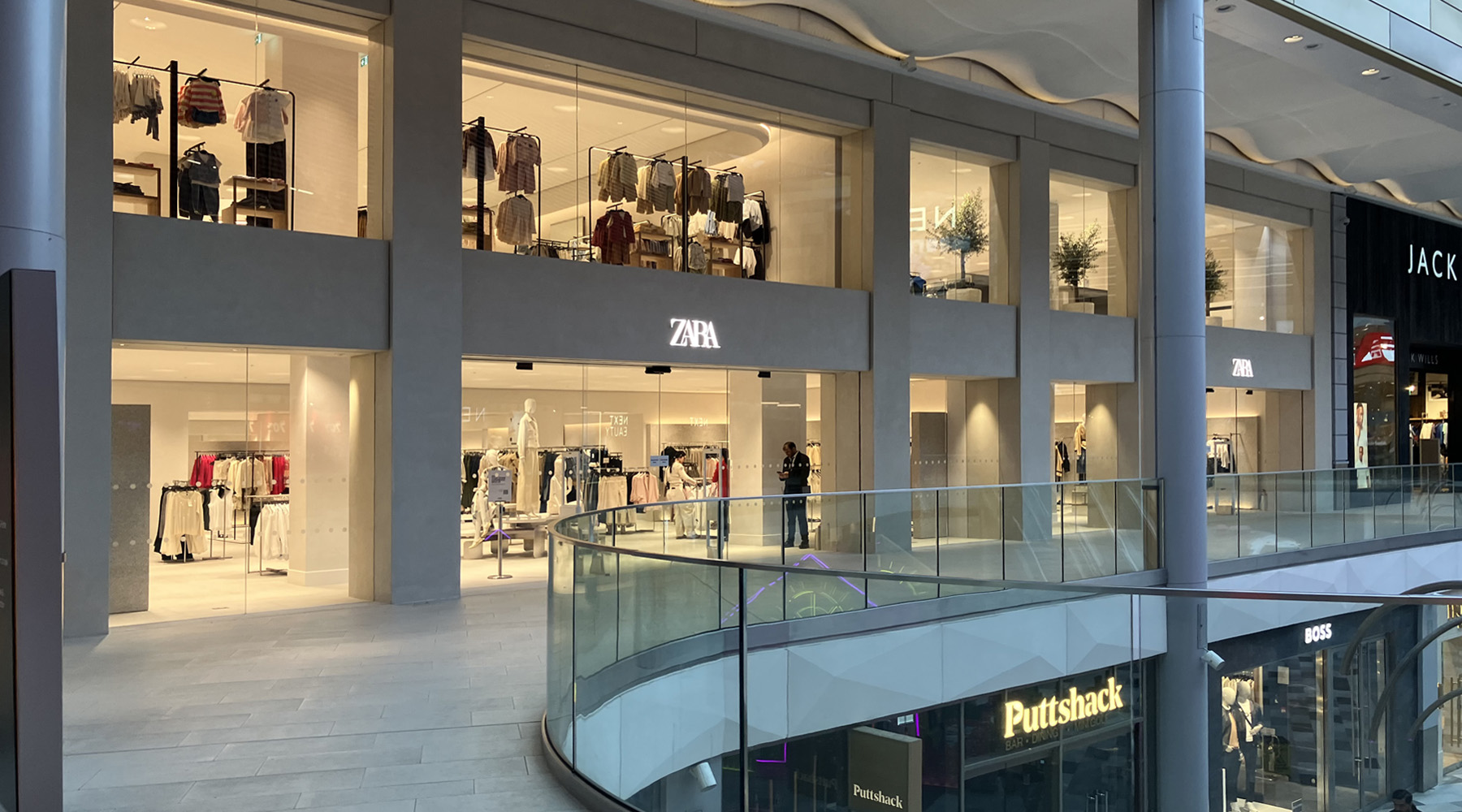
Editors
- James Cons, Managing Director
- Lee Pope, Director
- Nick Strachan, Director
- Aran Villar, Associate
- Xavi Tomassetti, Associate
There was a sense of optimism surrounding retail property as an asset class. Oliver Shah, the Sunday Times columnist, described a scenario of “Sunlit Uplands” to use a current phrase. Transactions are occurring in the investment market with centres being exchanged, raising the question: have we hit the bottom of the cycle? Is there now only an upward path, or is retail simply faring less poorly than other asset classes like commercial office space? Time will reveal the answer, especially since retail properties are closely tied to the broader economy and consumer spending patterns.
With expansion plans from several retailers, rebased rents are shifting the balance back towards physical stores away from online platforms. Could this signal a revival of retail destinations? Leslie Jones’ work in this area seems to suggest so. We are supporting investments in locations like the Metrocentre, Lakeside, and Atria Watford, as well as projects from Wakefield to Epsom. New retailers and leisure concepts are moving in, tenants are expanding their spaces, and environmental improvements are being made, whether it’s in public realm or internal mall areas.
This sentiment was echoed by most of the Investment Panel at the end of the conference. Some key takeaways included:
Collaboration: Large investors such as pension funds, REITs, or sovereign wealth funds need partners for long-term commitments. Retailers may come and go, but the property remains. Institutional investors seek Local Authorities that show support and proactive involvement in achieving a broader vision, giving confidence that their investment will be supported and able to reach its potential.
Community: To attract long-term landlords’ investment, town and city centres need to be promoted as comprehensive units. The centre should be a social, cultural, and economic hub. Therefore, centre operators need to emphasize the social aspect within ESG (Environmental, Social, Governance) criteria. While the environmental facet is crucial and widely acknowledged, elevating and highlighting the social elements in development and management is necessary to demonstrate community cohesion.
Sustainability: Sustainability encompasses both environmental and economic aspects. For stable long-term interest, centres must show that their income is sustainable. Key factors include effective management of the quality and quantity of retail and leisure spaces, balancing supply and demand. In a changing world where long-lease guarantees are less relevant, flexibility in turnover-based environments and rolling leases is vital. Landlords should not fear replacing underperforming tenants with new ones. Additionally, legislative changes to rates will be a crucial factor.
Are we witnessing early signs of a sustained recovery? We believe that could be the case as the retail industry adapts and evolves to meet consumer and occupancy trends.
